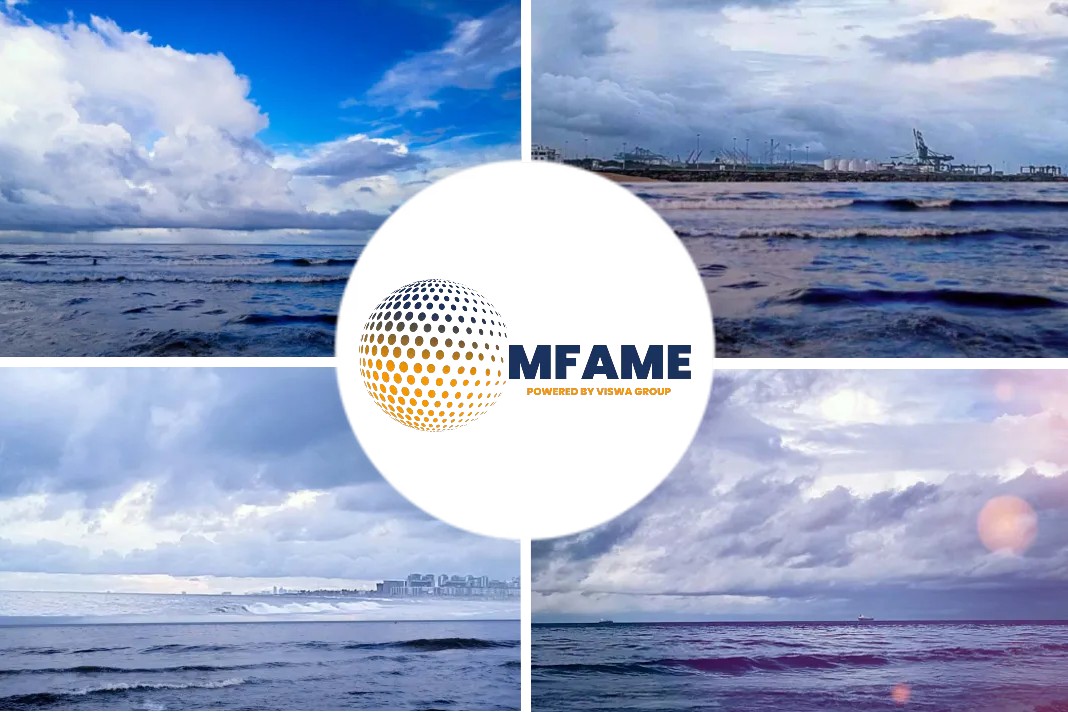
German container shipping company Hapag-Lloyd has signed a Memorandum of Understanding (MoU) with compatriot energy company Mabanaft to explore options for the supply of ammonia as bunker fuel to Hapag-Lloyd in and around the Port of Hamburg, Germany and also the Port of Houston, Texas, USA.
Content Of MoU
Under the MoU, the companies will assess the viability of and the options for the safe handling of clean ammonia as a bunker fuel in and around the Port of Hamburg. Furthermore, they will evaluate the commercial, technical, and regulatory requirements and engage with all relevant stakeholders as part of this initiative. In a second step, a similar assessment will be done for the Port of Houston.
Mabanaft is in the process of developing infrastructure in Hamburg for the import and supply of clean ammonia for an undisclosed customer, along with a larger infrastructure investment program, to create a platform for low-carbon fuel alternatives. Targeted to provide hydrogen to Germany in 2026, the planned import terminal is to be located at Mabanaft’s existing Blumensand terminal in the port. Furthermore, Mabanaft is a shareholder in Gulf Coast Ammonia LLC (GCA), an ammonia production facility in Texas City.
Future Ready Fuel Option
To provide the international shipping industry with a future-ready fuel option, Mabanaft is securing clean ammonia supply and exploring opportunities for the development of related bunkering infrastructure in and around the Port of Hamburg and along the United States Gulf Coast.
“We play an active role in shaping the energy transition and offer our customers innovative fuel solutions to reduce greenhouse gas emissions,” said Volker Ebeling, Senior Vice President of New Energy. Tony Elliott, Head of Ammonia at Mabanaft, is convinced about the opportunities for ammonia in the shipping industry. He noted that “Ammonia has the potential to play an important role in decarbonising the global maritime industry…”
Decarbonization of the shipping industry is a global challenge, requiring action and commitments from all stakeholders across the industry. Global solutions will require a global policy framework that supports a range of processes to make ammonia an accessible zero-carbon fuel.
Did you subscribe to our newsletter?
It’s free! Click here to subscribe!
Source: OffshoreEnergy






















